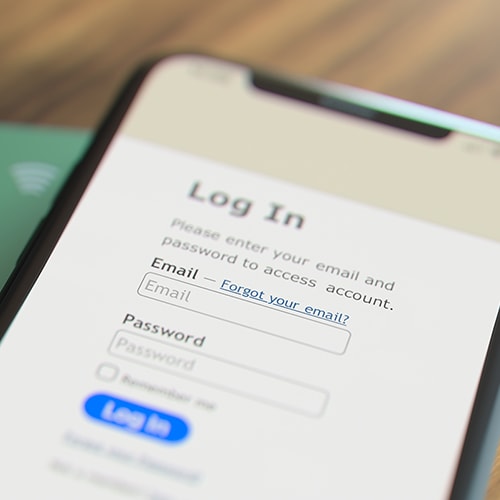How can find out if you were affected by the Equifax data breach?
It’s easy. You can use a look-up tool to find out. You’ll need to type in your last name and last six digits of your Social Security number.
Why is it important to find out now? Equifax’s recent $700 million settlement with the Federal Trade Commission (FTC), the Consumer Financial Protection Bureau (CFPB) and 50 U.S. states and territories, means you can now file a claim for certain benefits, if you’re one of up to 147 million people whose data was exposed in the 2017 Equifax data breach.
If your information was exposed in the data breach, you can file a claim at EquifaxBreachSettlement.com.
You may be entitled to as much as $20,000, although probably much less.
The Equifax settlement was announced on July 24, 2019. The deadline for filing a claim is January 22, 2020.
Facts about the Equifax data breach and settlement
Equifax initially disclosed the data breach September 7, 2017. The company said it discovered the data breach in July 2017.
The unauthorized access of personal data that was exposed by Equifax could increase the risk of identity theft for anyone affected. That’s because the data included names, Social Security numbers, birth dates, addresses and, in some cases, driver’s license numbers and credit card numbers — information identity thieves can use to take over or open new accounts, file tax returns to fraudulently obtain refunds, rent or buy properties, or do other criminal acts in your name.
How can I help protect myself and my identity after a data breach?
In the wake of the Equifax data breach, there are some steps you can take to help protect yourself — or to detect if identity thieves may have targeted you.
- Identity thieves can wait months, or even years, before actually using stolen personal information. Check your credit reports to confirm that thieves haven’t opened credit card accounts or taken out loans in your name. You can order a free credit report from each of the three major credit reporting agencies once every 12 months. You can access free credit reports at AnnualCreditReport.com. If you find activity that isn’t yours, here’s how to file a dispute with the credit agencies.
- Monitor your credit card and bank accounts frequently, keeping an eye out for unfamiliar transactions. If you spot something that doesn’t look right, contact that financial institution.
- Consider putting a credit freeze or fraud alert on your credit reports. You’ll find more information in this article. But also note that there are many kinds of identity theft that do not require a credit check and, thus, may not be thwarted by credit freezes or fraud alerts.
- Consider credit monitoring or identity theft protection to help protect your personal information. You’ll find an overview of what each provides in this article.
Get LifeLock Identity Theft Protection 30 DAYS FREE*
Editor’s note: Our articles provide educational information. LifeLock offerings may not cover or protect against every type of crime, fraud, or threat we write about.
Start your protection,
enroll in minutes.
LifeLock is part of Gen – a global company with a family of trusted brands.
Copyright © 2026 Gen Digital Inc. All rights reserved. Gen trademarks or registered trademarks are property of Gen Digital Inc. or its affiliates. Firefox is a trademark of Mozilla Foundation. Android, Google Chrome, Google Play and the Google Play logo are trademarks of Google, LLC. Mac, iPhone, iPad, Apple and the Apple logo are trademarks of Apple Inc., registered in the U.S. and other countries. App Store is a service mark of Apple Inc. Alexa and all related logos are trademarks of Amazon.com, Inc. or its affiliates. Microsoft and the Window logo are trademarks of Microsoft Corporation in the U.S. and other countries. The Android robot is reproduced or modified from work created and shared by Google and used according to terms described in the Creative Commons 3.0 Attribution License. Other names may be trademarks of their respective owners.




